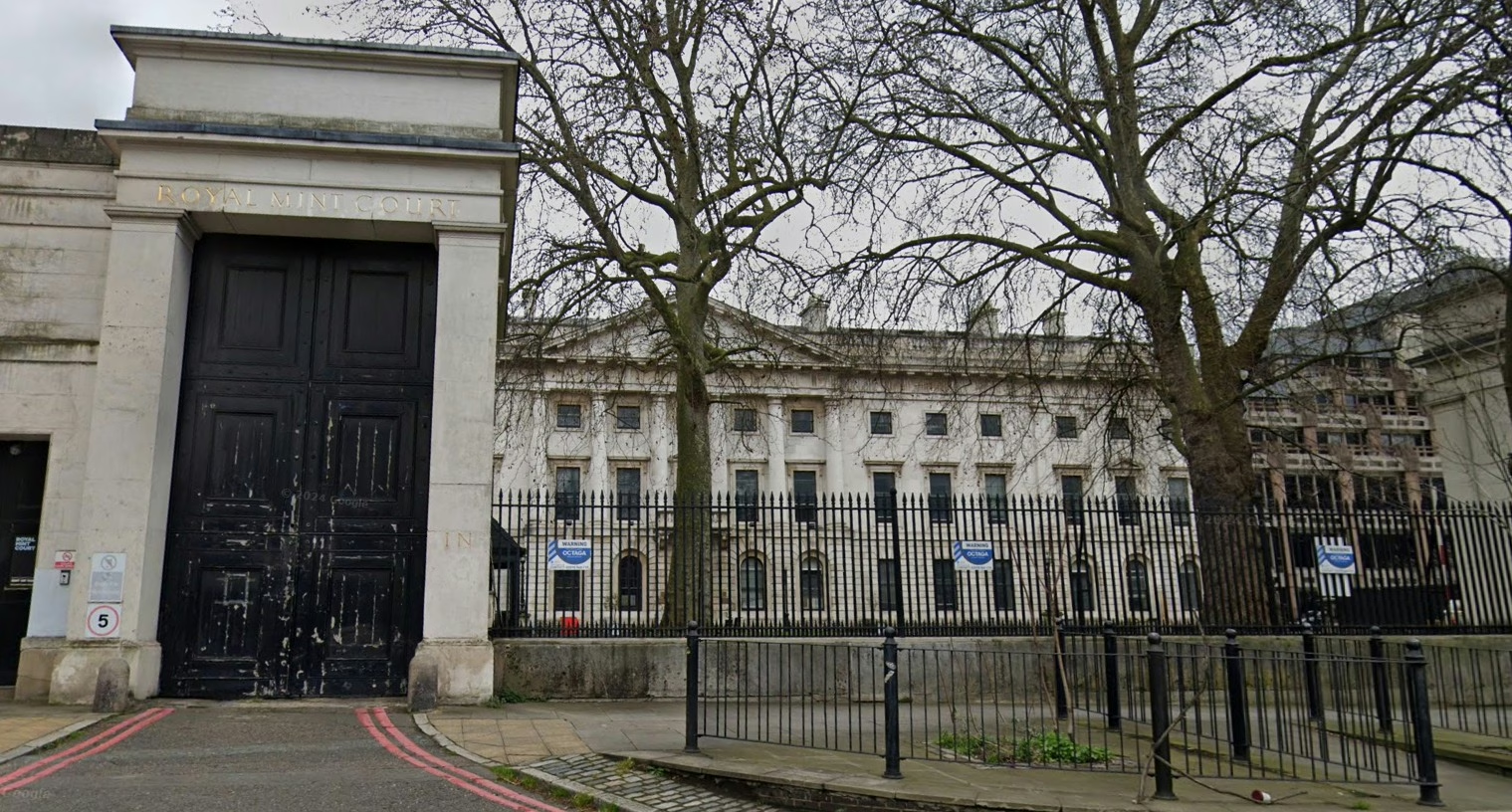Recently, the Taiwan government has adjusted its immigration policies, particularly tightening the conditions for residency applications from Hong Kong residents. This move has sparked concerns and discussions regarding the underlying reasons. According to the latest policy changes, Hong Kong residents will need to meet higher residency requirements and face longer waiting periods. Additionally, the government has introduced a new requirement for colour printing of the entry permit, which has caused some inconvenience in the application process.
Details of the Policy Changes
According to the latest announcement from the Taiwan government, the application process for Hong Kong residents has become stricter, especially with regards to permanent residency. In the past, Hong Kong residents could apply for permanent residency in Taiwan after one year of stay. However, the government plans to extend this period to four years, meaning applicants must stay in Taiwan longer before they are eligible to apply for permanent residency. Furthermore, the government plans to introduce a “long-term residency” option, which will not grant Taiwanese citizenship or voting rights but will provide a transitional option for those who do not intend to naturalise.
In addition, Hong Kong residents applying for an “entry permit” must now print it in colour and use new, unused A4 white paper. This new requirement, which began to be enforced recently, adds an extra layer of complexity for applicants who are used to printing permits in black and white. It has now become a mandatory condition for entering Taiwan.
Will Visa Difficulty Increase for Hong Kong Residents?
In addition to the changes in the application process, the tightening of policies has directly increased the difficulty for Hong Kong residents to obtain visas to Taiwan. With the government’s enhanced scrutiny of immigration, especially in light of the political situation in Hong Kong, it has become more challenging for Hong Kong residents to gain entry to Taiwan. The new policies will subject applicants to more rigorous checks, and individuals with sensitive backgrounds may face stricter scrutiny or even rejection.
These changes are particularly challenging for Hong Kong residents who wish to stay in Taiwan long-term. If they fail to meet the new entry conditions, they risk delays or rejection in their visa applications, making it necessary for those planning to move to Taiwan to reconsider their options.
Underlying Implications and Analysis
The tightening of these policies can be attributed to several factors. First, national security concerns are undoubtedly a major factor. The Taiwan government may be worried that, given the changing situation in Hong Kong, some of the Hong Kong residents migrating to Taiwan may have ties to Hong Kong’s pro-democracy movements or opposition factions, potentially posing a national security risk. Therefore, the government has increased scrutiny to ensure these individuals do not pose a threat to Taiwan’s social and political stability.
Additionally, Taiwan’s immigration policies must align with the country’s social, employment, and housing needs. With Taiwan’s population ageing, the government may want to reduce reliance on foreign migrants and protect local residents’ job opportunities and housing availability. The government’s cautious approach towards the number of immigrants from Hong Kong could be driven by a desire to maintain social stability.
From an international political standpoint, Taiwan also faces considerable pressure from China. The strengthening of China’s control over Hong Kong has made the Taiwan government more cautious in dealing with Hong Kong. Tightening immigration policies may be an effort to safeguard local interests while avoiding overt gestures towards China, thus strengthening Taiwan’s autonomy on the international stage.
Public Response and Future Outlook
The public response to the government’s immigration policies in Taiwan has been mixed. Some people support tightening the immigration rules, believing it will help protect local employment and living standards. However, others are concerned that such policies will make Taiwan appear too insular and hinder its ability to attract talent. Regardless, the policy change reflects the Taiwan government’s cautious stance in handling immigration matters.
Although the policy adjustments have been announced, officials have stated that the government will regularly evaluate the situation based on international developments and internal needs and will adjust the policies as necessary. This suggests that Taiwan’s immigration policies may continue to evolve.
For Hong Kong residents who intend to relocate to Taiwan, it is advisable to closely monitor government policy changes and prepare for potential challenges. As the policies continue to change, the prospects for Hong Kong residents seeking to move to Taiwan may become more uncertain.
Discover more from “Bridging Hongkongers. Reporting Truth.”
Subscribe to get the latest posts sent to your email.




